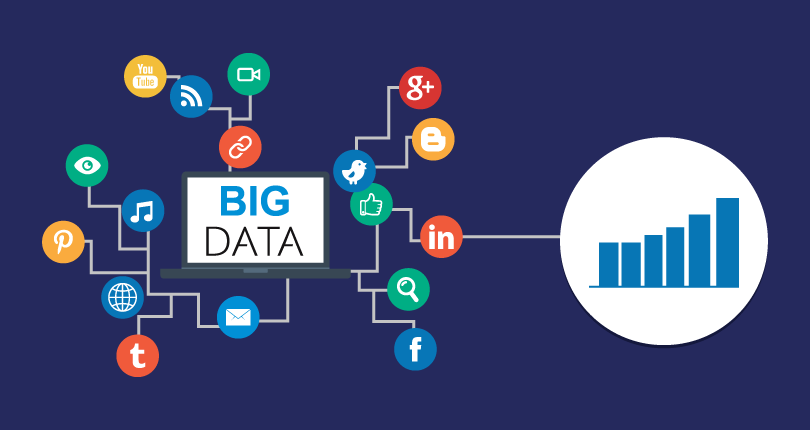During the COVID-19 pandemic, many industries around the world were completely shut down. The online casino industry performed particularly well.
Statista estimated the global online gambling industry to be worth $58.9 billion in 2019. According to the report, the online gambling market could be worth $92.9 billion by 2023.
That’s a $34 billion (57 percent) increase in four years.
Yahoo published a report in February 2022 that predicted a compound annual growth rate of 11.49 percent for the online gambling market between 2021 and 2026.
This uptick, combined with online gambling analytics, shows no signs of slowing down. It’s never been easier to find the best online casinos.
Let’s take a closer look at how big data is used in the online casino industry.
Artificial Intelligence (AI) and Machine Learning (ML)
For a variety of reasons, AI and machine learning have become more prevalent in the online gambling industry. For starters, these technologies aid in the identification of problem gamblers.
Any unusual activities detected by AI or ML may aid in the identification of cheaters or fraudsters. This contributes to fewer negative gaming experiences.
It also improves the casino’s credibility. Players are confident enough to compete with other gamblers.
Algorithms adjust to new players from the moment a new account is created. In the casino industry, predictive analytics aids in the development of player profiles.
This information is compiled into redeemable player points or other bonuses and promotions. If a gambler spends a lot of time at the poker tables, he or she may receive notifications about upcoming events.
The user experience is enhanced subsequently. Players appreciate it when they receive up-to-date information that is tailored to their preferences. They will keep spending money at an online casino that makes them feel safe.
To process payments, SSL encryption software also employs AI technology. This encryption safeguards the transmission of any sensitive information on the casino’s website or mobile app.
Random number generators are also used in online casinos for slot machines. Casino licensing serves as a reminder to players that these random number generators are still legal.
Some online casinos may display the return to player (RTP) percentages of their slots. This allows gamblers to select games where they may have the best chance of winning their money back.
AI and machine learning also improve gameplay by providing free spins, jackpots, and other incentives.
How do casinos utilize big data?
They make use of it by constantly improving the gaming experience for mobile and desktop users.
Casino Marketing Analytics
With fierce competition among online casinos, they must employ a variety of marketing techniques to attract new customers. Big data assists in tracking current industry trends.
Analytics can also be used to build a target audience over time. For instance, if an online casino runs a specific promotion, they can obtain player demographic information.
By displaying the casino’s click-through rates, these data analytics improve UI. This information becomes invaluable as it reveals what new players prefer in real-time.
Identifying the casino’s target audience for future marketing campaigns, this data saves the casino money.
Based on favorable winning percentages, games may then be optimized to retain new gamblers.
Marketing automation is also useful for returning customers. Incentives may be formed based on gaming preferences and habits.
In casinos, data science is becoming an important tool for mastering digital marketing techniques.
Three major branches of marketing analytics work together to reach a consensus on past, current, and future campaigns.
Analyzing Potential Investment Opportunities in New Markets
Analyzing new markets is one of the major trends in the online casino industry. When scouting out future trends for potential long-term investments, data analysis is critical.
Big data companies conduct overseas research to gain a foothold before investing capital.
Some of the industry’s biggest names rely on internal market research in foreign markets. Other gaming establishments may form alliances with third-party companies on the ground.
Surveys and industry reports can help predict where online gambling markets will grow. The analysis of massive amounts of data from those reports propels these businesses forward.
Big data continues to be an important component of how the online casino industry grows.
By 2030, the global online gambling market could be worth $192 billion. This represents a 250 percent increase over its valuation in 2020.
Big data contribute to market growth by making online casinos more enjoyable.
AI and machine learning technologies aid in the development of player-focused gambling platforms. Algorithms that monitor gambling habits improve the user experience.
This information influences bonuses and promotions.
Marketing analytics saves businesses both time and money. Automated software aids in the acquisition and retention of new customers.
The online casino industry relies on big data to forecast a future that appears to be bright.




